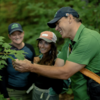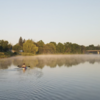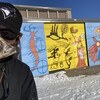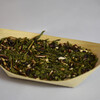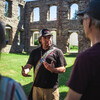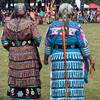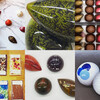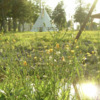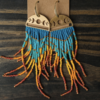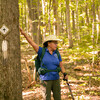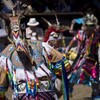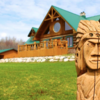
Sweet Water
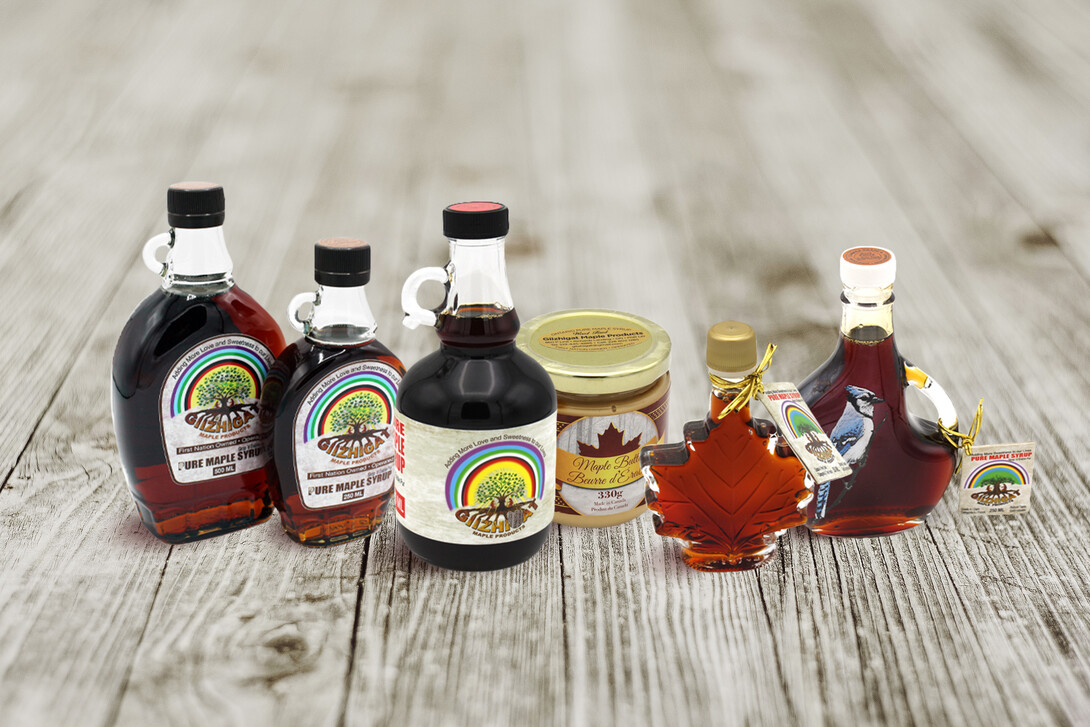
For Deborah Aaron and Isaac Day, having a maple syrup business is all about carrying on traditions. Day recalls making syrup as a young boy with his grandfather, and Aaron’s parents took part in collecting sap for syrup as children. Drawing on these cultural experiences, and in an effort to continue family traditions, Giizhigat (gee-jaa-gut) Maple Products was born. Giizhigat in Ojibwe translates to "day," just like Day’s family name prior to English translation.
Maple syrup as traditional medicine
Maple syrup or sweet water has been an important part of many Indigenous cultures, including Aaron’s and Day’s Anishinaabe and Kanyen’keha’:ka (Mohawk) heritages, respectively. “Everyone associates maple syrup as a Canadian food, but it’s actually a First Nation food,” says Aaron, a member of the Six Nations of the Grand River reserve. Sweet water is used in ceremonies and for cooking, and is respected as a cleansing medicine. It is said to bring love and sweetness into people’s lives and spirits.
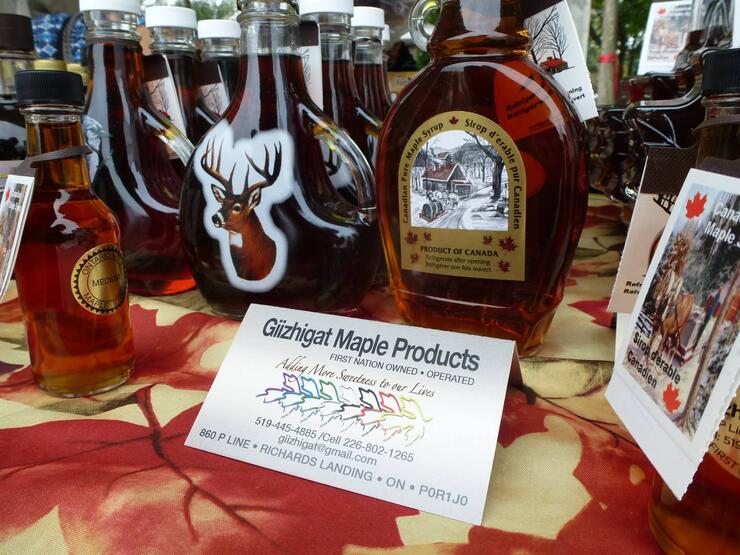
"Maple sap is a medicine," says Aaron.
“We are honoured to be able to continue harvesting maple sap,” she emphasizes.”It has been done by Indigenous people for hundreds of years. We feel it is important to carry on those traditions, and the traditions of our families. Maple sap is a medicine; our people continue to use it today to nourish our bodies. The process has changed a bit— from buckets to modern technology, but we continue with the tradition of using the medicine, respecting that the Creator has blessed us with this sacred medicine, and honouring the trees.”
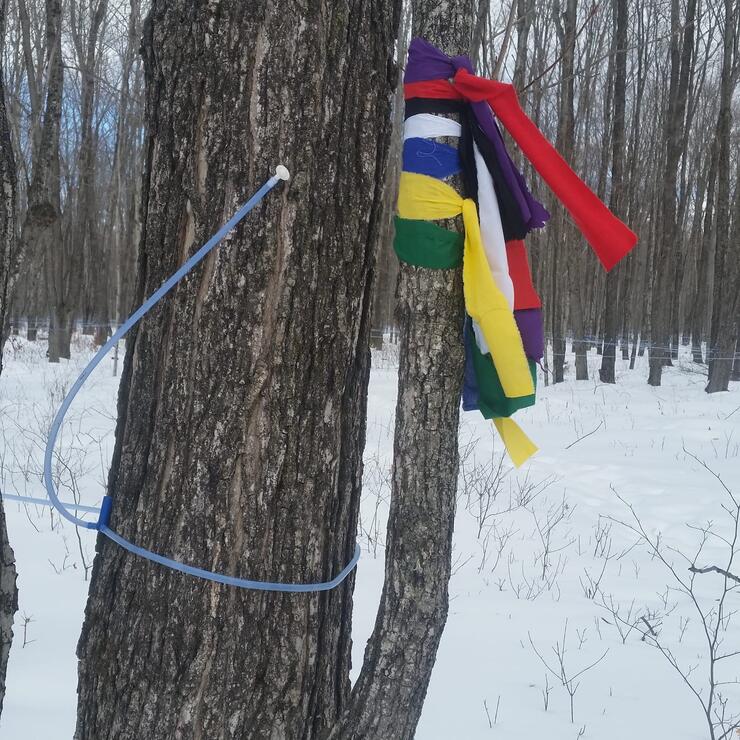
With snow still on the ground, syrup season is beginning in Northern Ontario.
The couple’s maple syrup efforts are tied to a long-term vision of building a teaching lodge. The idea is to have a place for Day, who is an elder, knowledge keeper and healer from the Serpent River First Nation, to share his teachings about how to reconnect with Mother Earth, and how to live in harmony through traditional knowledge. They use maple syrup as a way to share traditional knowledge and hope to soon build a sugar shack at their farm. “We want to do 50 taps like a traditional sugar bush,” says Aaron. “We’ll do stories in an outdoor lean-to or shelter made out of spruce limbs. We’ll boil the sap all night long just like our families used to do.”
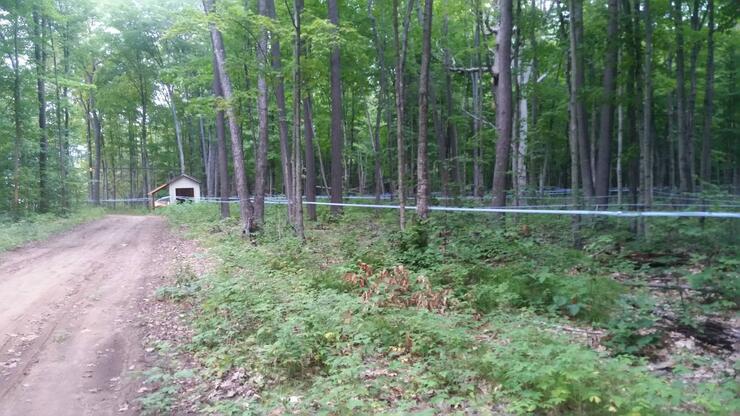
Syrup lines crisscross the property on St. Joseph's Island.
From a farm to a thriving family business
Initially, they bought their farm on St. Joseph Island in Northern Ontario with no plans for maple syrup, “but there’s just so many maple trees here,” Aaron says. They couldn’t ignore the farm’s bounty and decided to try their hand at it. They purchased equipment in 2012 and had their first syrup run in 2015. But perfecting the art of maple syrup has been an ongoing process.
“When we started, we weren’t familiar with the new technologies, temperatures for bottling—all the technical details,” recalls Aaron. “And we’re still learning. We have neighbours who have helped, and I’ve attended a lot of conferences. I just ask questions. There’s not a lot of women doing this so I have to be persistent. There’s always something to improve on to be consistent in the quality.” Being mostly self-taught, the couple performs a lot of trial and error. But they’ve also taken advantage when experts are in the area to come advise at the farm, plus Aaron does a lot of online research.
This perpetual tinkering has led to a very loyal customer following of Giizhigat maple syrup and their other products like maple butter and candies, currently only available to purchase online because of COVID-19. Aaron and Day have also continued to make syrup a family affair with their sons, Isaiah, Liam, and Wesli, who are responsible for the set up and maintenance of the syrup lines. They’ve also trained in forest management to ensure the continued health of their maple bush.
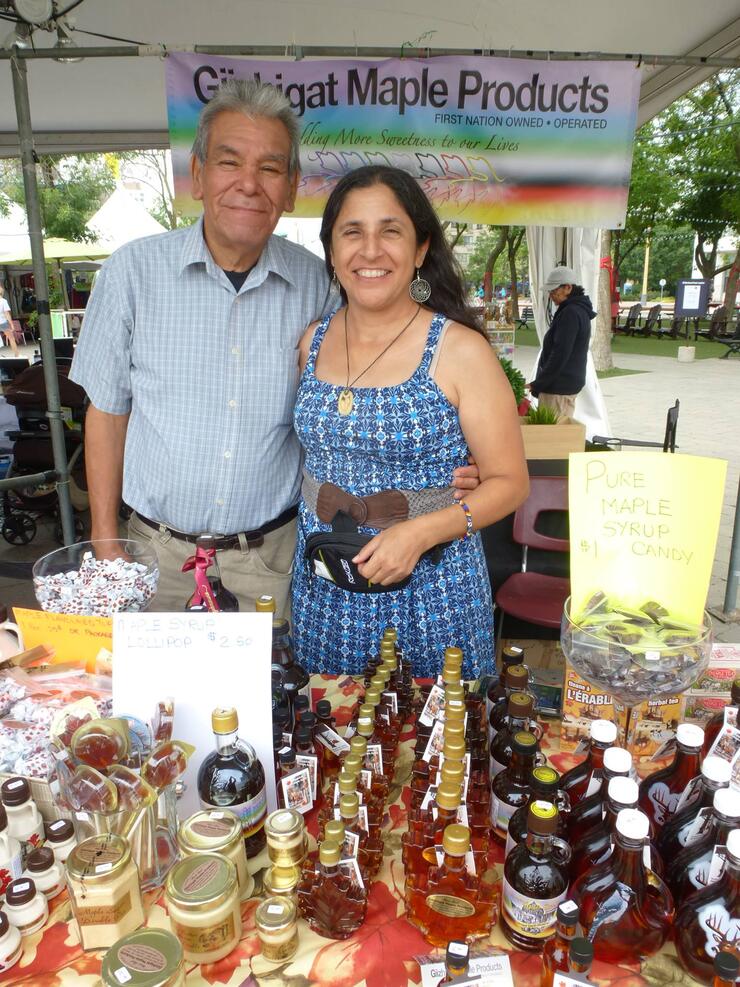
In non-pandemic years, Deborah Aaron and Isaac Day sell their maple syrup products at festivals and events throughout the province.
Looking to the future
And while the teaching lodge remains the ultimate plan, Day continues to carry out his teachings in the meantime through virtual interviews and meetings, until gatherings are permitted again. Aaron and Day are figuring out how to make these online interactions as meaningful as when he meets with people in-person. “Everyone is missing the elders,” Aaron says. “People are having a tough time with COVID. Part of the issue of virtual meetings is technology, but the big part is humility. Isaac doesn’t want to impose his knowledge. He tries to counsel, answer questions and share his advice. Online, the interaction isn’t the same. But it’s a work in progress.”
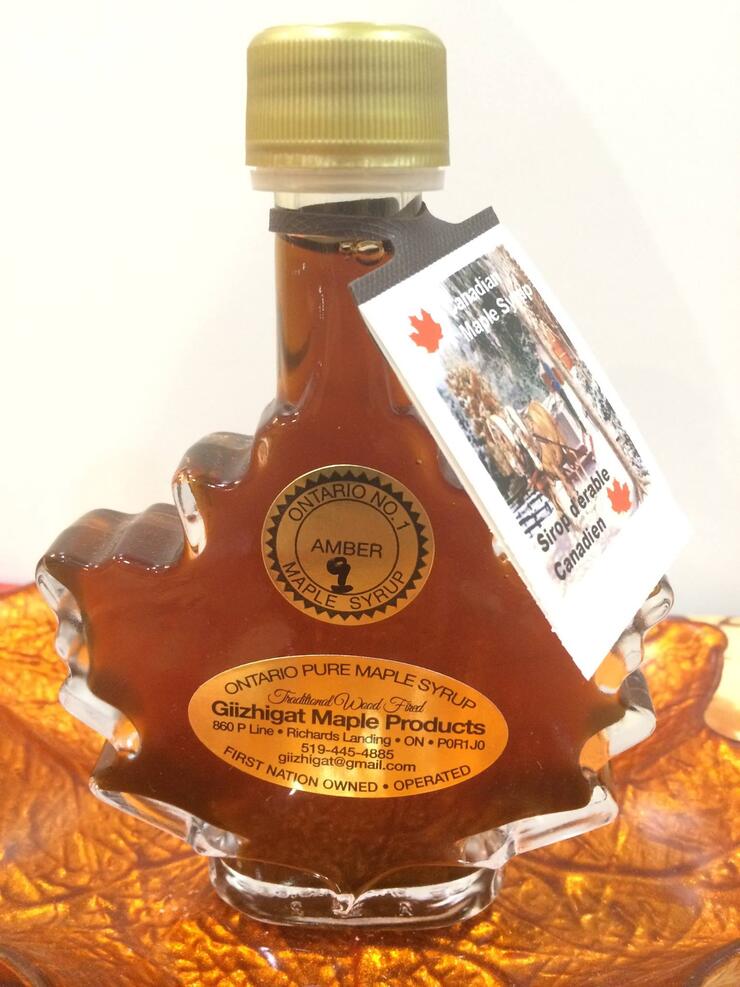
The labelling lets consumers know the business is First Nation-owned and operated.
Nevertheless, the couple look forward to coming up with ways to share traditions and to keep the maple syrup flowing.
To learn more or to purchase Giizhigat maple syrup, visit giizhigatmapleproducts.com.
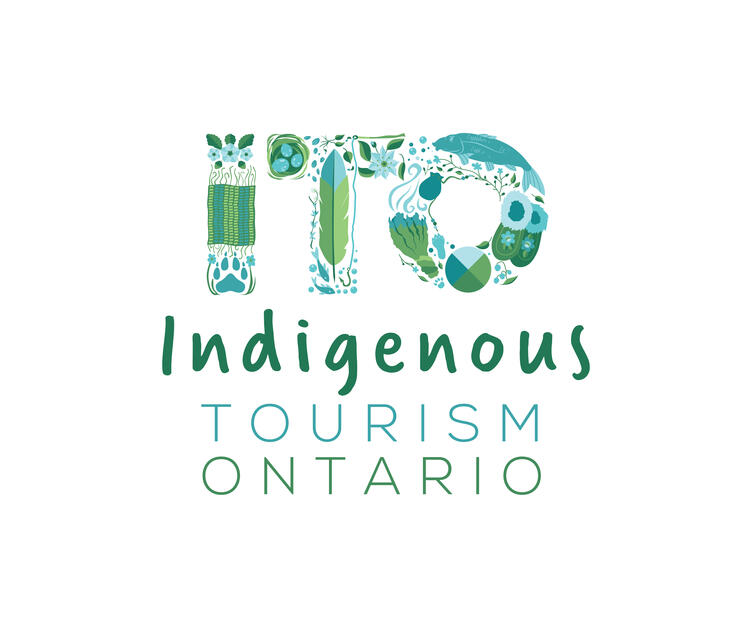
Recommended Articles
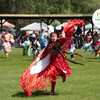
Ontario Pow Wow Calendar: 2025 Edition
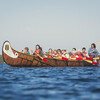
8 Indigenous Tourism Experiences To Book in 2025

Indigenous Restaurants in Ontario

8 Indigenous Experiences to Discover in North Bay

6 Indigenous-owned Accommodations in Ontario
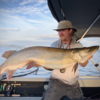
7 Indigenous-Owned Fishing Experiences in Ontario

Pow Wow Road Trip
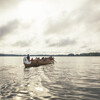
11 Indigenous-Owned Outdoor Adventure Companies in Ontario
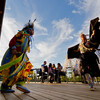
13 Indigenous-Owned Businesses to Visit on National Indigenous People's Day—and Every Day

A Guide to Visiting the Kay-Nah-Chi-Wah-Nung Historical Centre
Indigenous Theatre on Manitoulin Island


